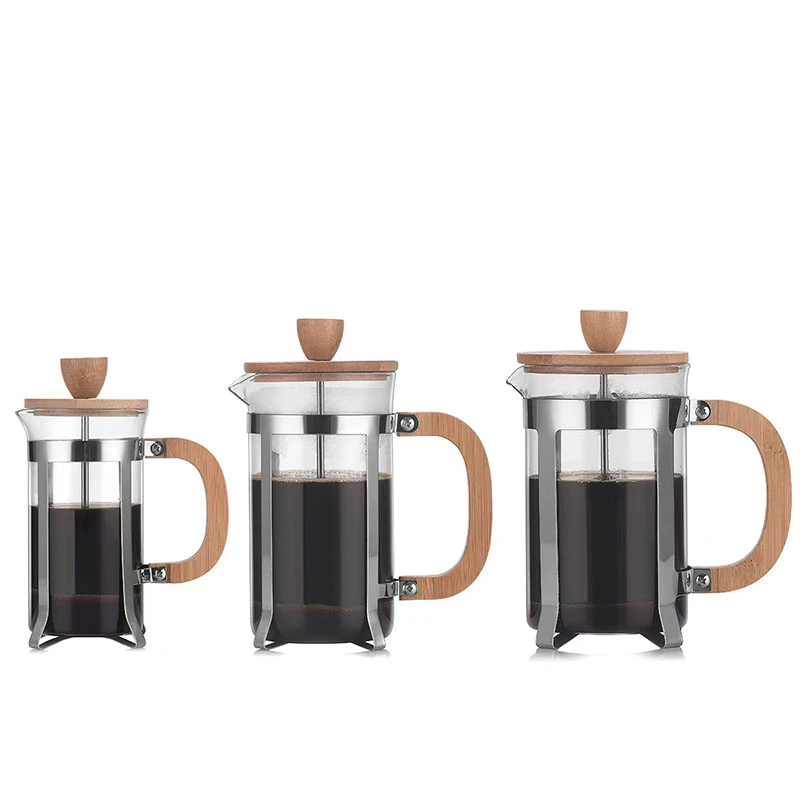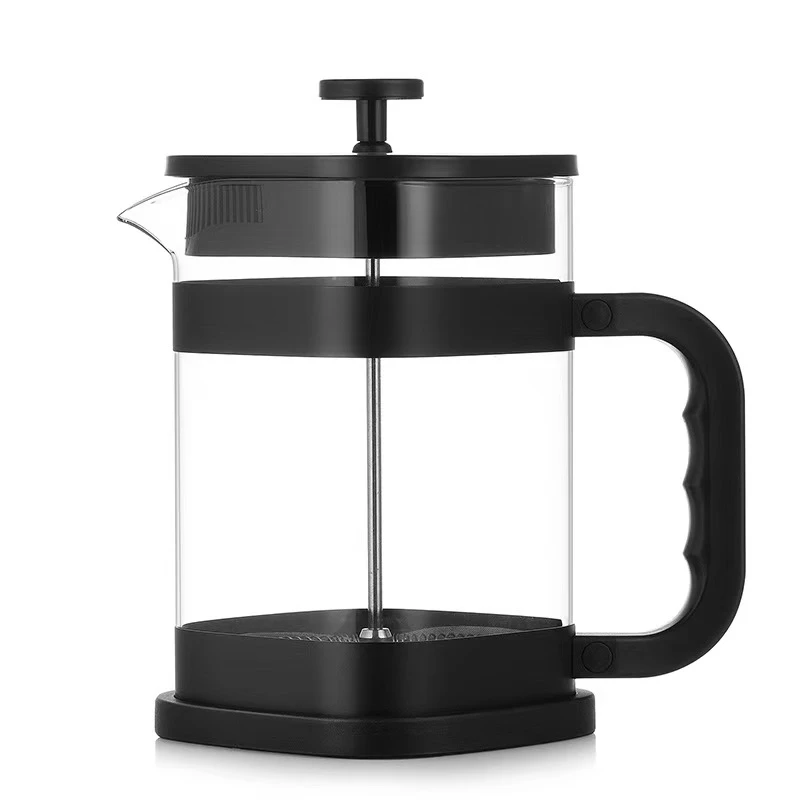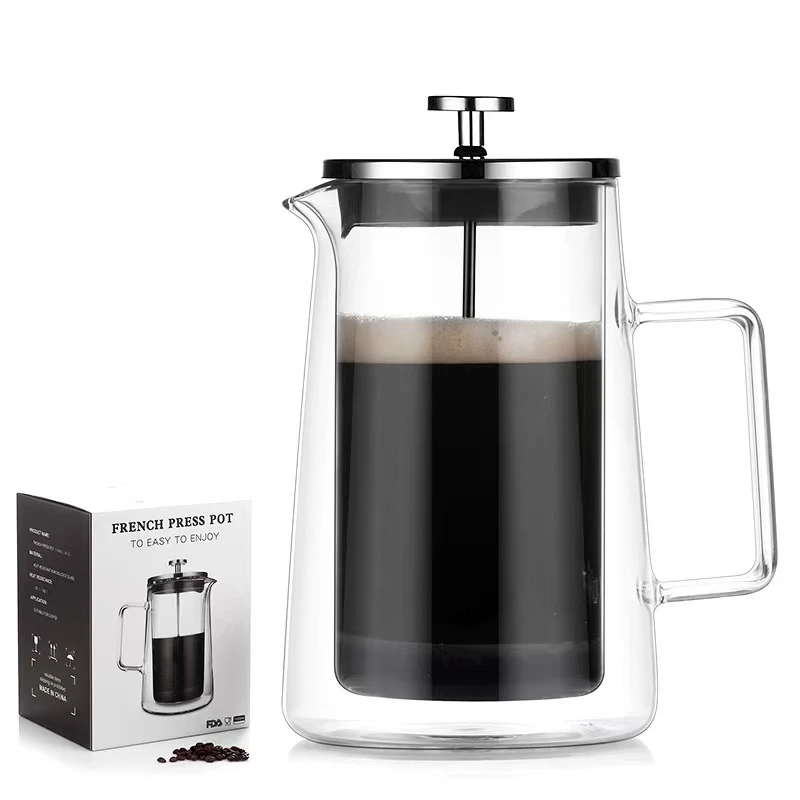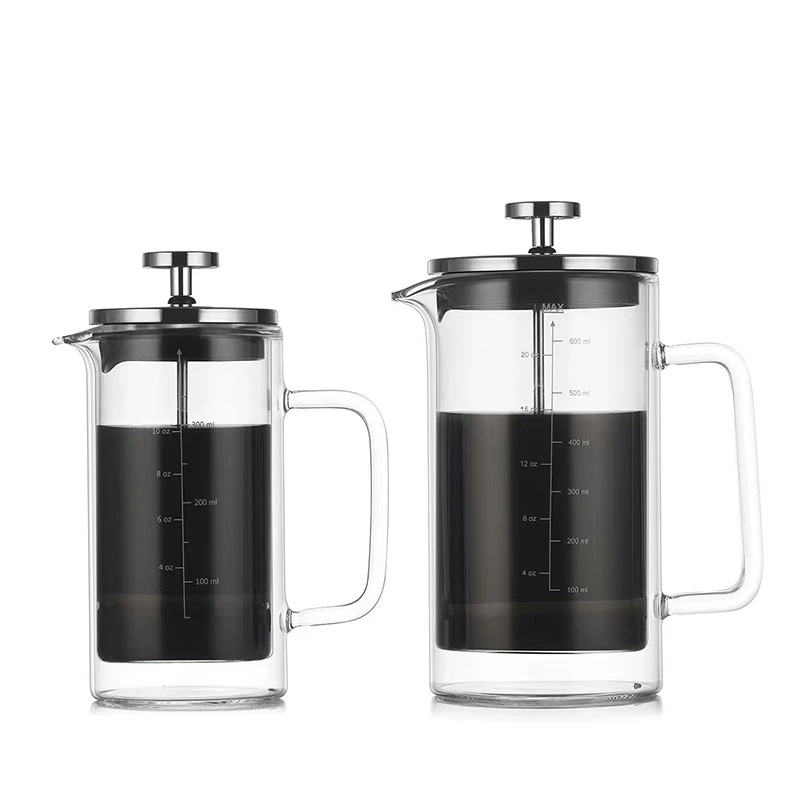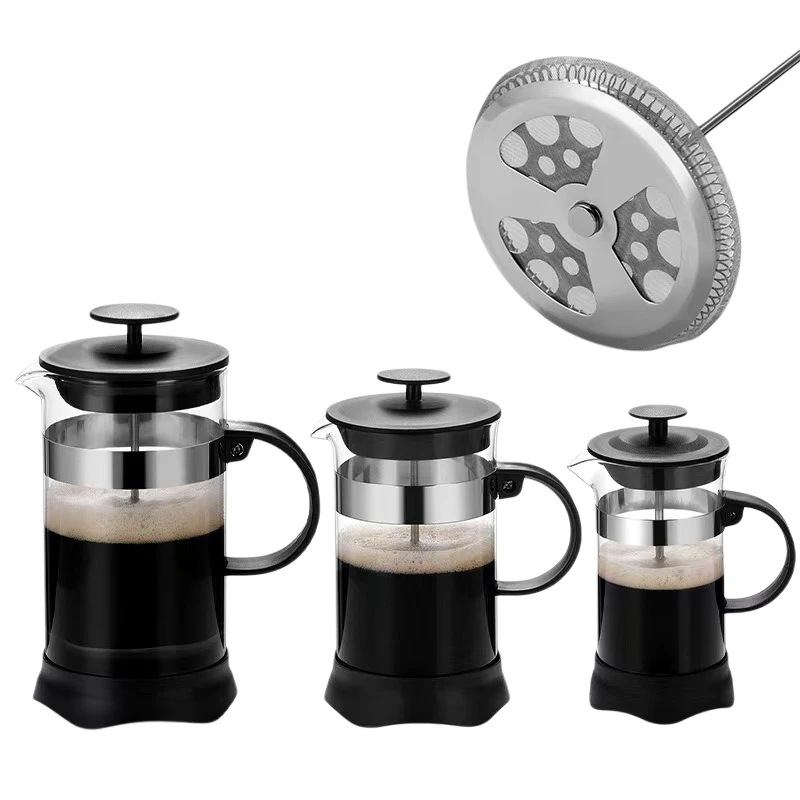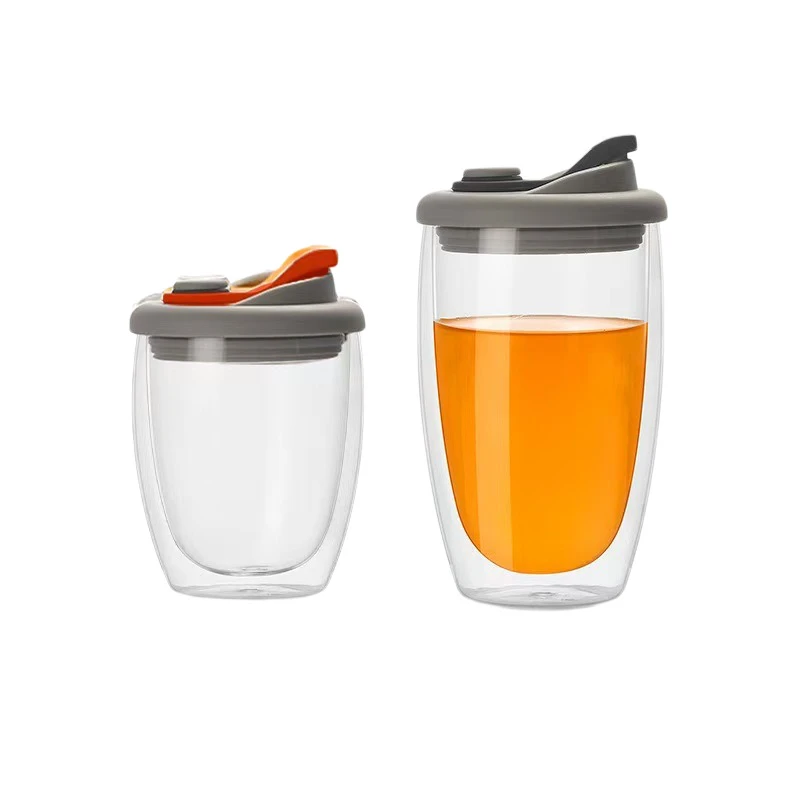 TEL: +86 311 67799298
TEL: +86 311 67799298 Email: tina@yintoglassware.com
Email: tina@yintoglassware.com
glass beverage bottle
The Allure of Glass Beverage Bottles An Exploration of Tradition and Sustainability
In an age dominated by plastic and convenience, glass beverage bottles are enjoying a renaissance. From artisanal juices to premium spirits, glass bottles evoke a sense of quality, tradition, and sustainability that many consumers are increasingly looking for. This article delves into the charm of glass beverage bottles, their environmental benefits, and their impact on consumer perception and market trends.
A Touch of Tradition
Glass beverage bottles have been around for centuries, serving as one of the original vessels for storing liquids. The craftsmanship involved in creating glass bottles has roots in ancient civilizations, where glassblowers would painstakingly shape molten glass into stunning forms. Today, that same dedication to artisanal quality can still be seen in many contemporary beverage brands that choose glass as their primary packaging material.
For many consumers, the tactile experience of a glass bottle enhances their appreciation for the product itself. The weight, the coolness, and the clarity of glass not only serve practical purposes—like preserving flavor and freshness—but also elevate the overall drinking experience. The aesthetic appeal of glass, with its ability to reflect light and showcase the contents within, contributes to a brand's image, making it a favored choice among premium and boutique beverage producers.
Sustainability at Heart
As environmental concerns continue to rise, more brands are making conscientious choices about their packaging materials. Glass is 100% recyclable and can be recycled endlessly without losing quality or purity. In contrast to plastic, which often ends up in landfills and oceans, glass is a sustainable choice that resonates with environmentally-conscious consumers.
The production of glass also has a lower carbon footprint when compared to single-use plastic. While the initial manufacturing process for glass can be energy-intensive, reusable glass bottles can be repurposed and refilled multiple times, spreading out the energy consumed over many lifespan cycles. Many companies are now adopting refillable systems, encouraging customers to return bottles for reuse or to fill them up at local stations, thus reducing waste and promoting a circular economy.
glass beverage bottle
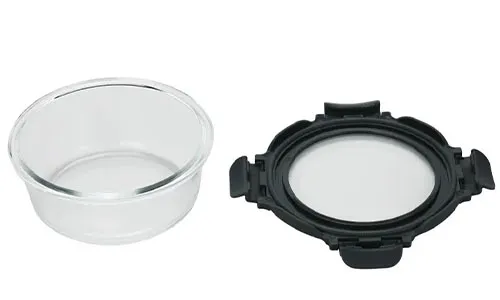
Influencing Consumer Choice
The shift towards glass beverage bottles is evidenced by the growing number of startups and established brands alike venturing into this space. Consumers are becoming increasingly aware of the environmental impact of their purchasing decisions. According to various surveys, a significant percentage of consumers prefer brands that use sustainable packaging, with many willing to pay a premium for products that align with their values.
Furthermore, marketing strategies that highlight the benefits of glass, such as its natural inertness (which means it won't leach harmful chemicals into beverages) and aesthetic advantages, can create a strong emotional connection with consumers. Brands using glass are often perceived as more transparent and trustworthy, enhancing customer loyalty.
Challenges and Innovations
Despite their many advantages, glass beverage bottles do come with certain challenges. They are heavier than plastic, which can increase shipping costs and energy usage during transport. Additionally, glass is more fragile, creating potential issues in terms of breakage during distribution.
To address these challenges, innovative packaging solutions have emerged. From lightweight designs to improved protective systems for transportation, companies are finding ways to ensure that glass remains a viable option. Advances in technology, such as smart labels that provide real-time information on the freshness of the contents, also add an exciting layer of innovation to glass packaging.
Conclusion
Glass beverage bottles embody a beautiful intersection of tradition and sustainability in a world that often leans towards convenience. Their ability to preserve taste and quality, coupled with their environmentally friendly profile, makes them an appealing choice for both producers and consumers alike. As we continue to navigate a landscape increasingly defined by eco-consciousness and a desire for authenticity, glass will likely remain a prominent player in the beverage market—serving not just as a vessel for drinks, but as a symbol of a more sustainable future.
-
Unparalleled Convenience by High Borosilicate Glass Bottle with a Cork LidNewsJul.17,2025
-
The Versatility and Convenience of Glass Salad Bowl SetsNewsJul.17,2025
-
The Practical Wide Application of High Borosilicate Glass Food Storage ContainerNewsJul.17,2025
-
High Borosilicate Colored Glass Bowl VS Soda-Lime Glass and Tempered GlassNewsJul.17,2025
-
Creativity with Customized Colored Glass Dinnerware Sets for SaleNewsJul.17,2025
-
Advantages Analysis of Double Wall French PressNewsJul.17,2025



